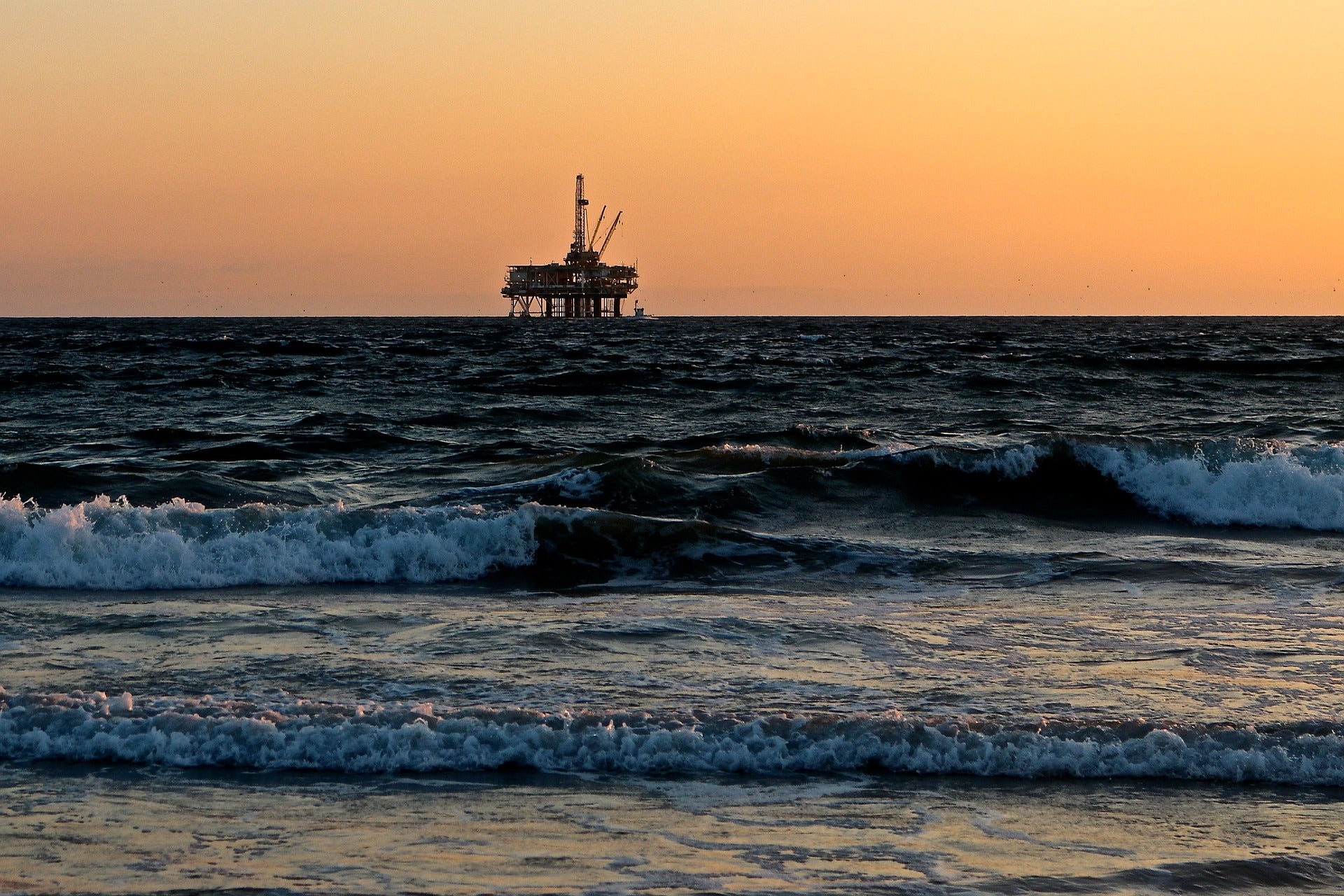
Lundin Energy Norway has awarded a contract to geoscience technology firm CGG to carry out seismic imaging of a node and streamer 3D survey in the Barents Sea.
The contract involves providing imaging of simultaneous node and streamer 3D survey that is currently being acquired over a 3,700km² area at the Nordkapp Basin.
The survey is the combination of source-over-spread seismic technology, TopSeis with the sparse ocean-bottom nodes deployment.
CGG said this configuration would help in obtaining a high-definition image of the sedimentary basins and image the numerous salt flanks.
The results are expected to improve the understanding of trap mechanisms, deformation, and faulting near salt-sediment interfaces.
CGG plans to process the gathered data at its Massy subsurface imaging centre in France.
How well do you really know your competitors?
Access the most comprehensive Company Profiles on the market, powered by GlobalData. Save hours of research. Gain competitive edge.

Thank you!
Your download email will arrive shortly
Not ready to buy yet? Download a free sample
We are confident about the unique quality of our Company Profiles. However, we want you to make the most beneficial decision for your business, so we offer a free sample that you can download by submitting the below form
By GlobalDataCGG Europe, Africa, Middle East (EAME) geoscience senior vice-president Peter Whiting said: “This award builds on CGG’s successful technical partnership with Lundin, which has spearheaded the development of several revolutionary new imaging concepts to address Lundin’s specific geological challenges.
“We look forward to delivering the high-definition images from this new survey that will provide an enhanced understanding of the complex geology of the Nordkapp Basin and enable Lundin to operate more efficiently and safely.”
The TopSeis solution has been created by CGG and Lundin Norway to deliver improved broadband imaging of shallow to intermediate targets at depths of around 3000m.
Earlier this year in the southern Barents Sea, Lundin Energy subsidiary Lundin Energy Norway drilled the exploration well 7219/11-1, which was aimed at proving hydrocarbons in Paleocene aged sandstones.
Although traces of hydrocarbons were found, the company considered the well was not commercial and classed it as dry.



